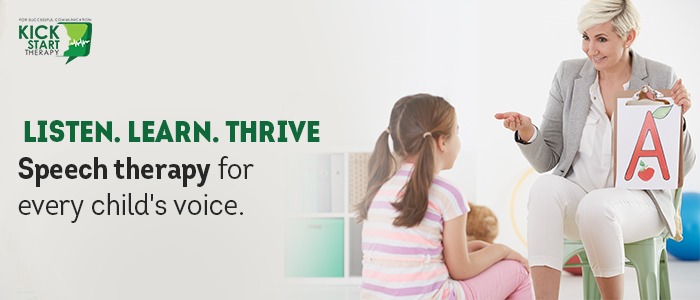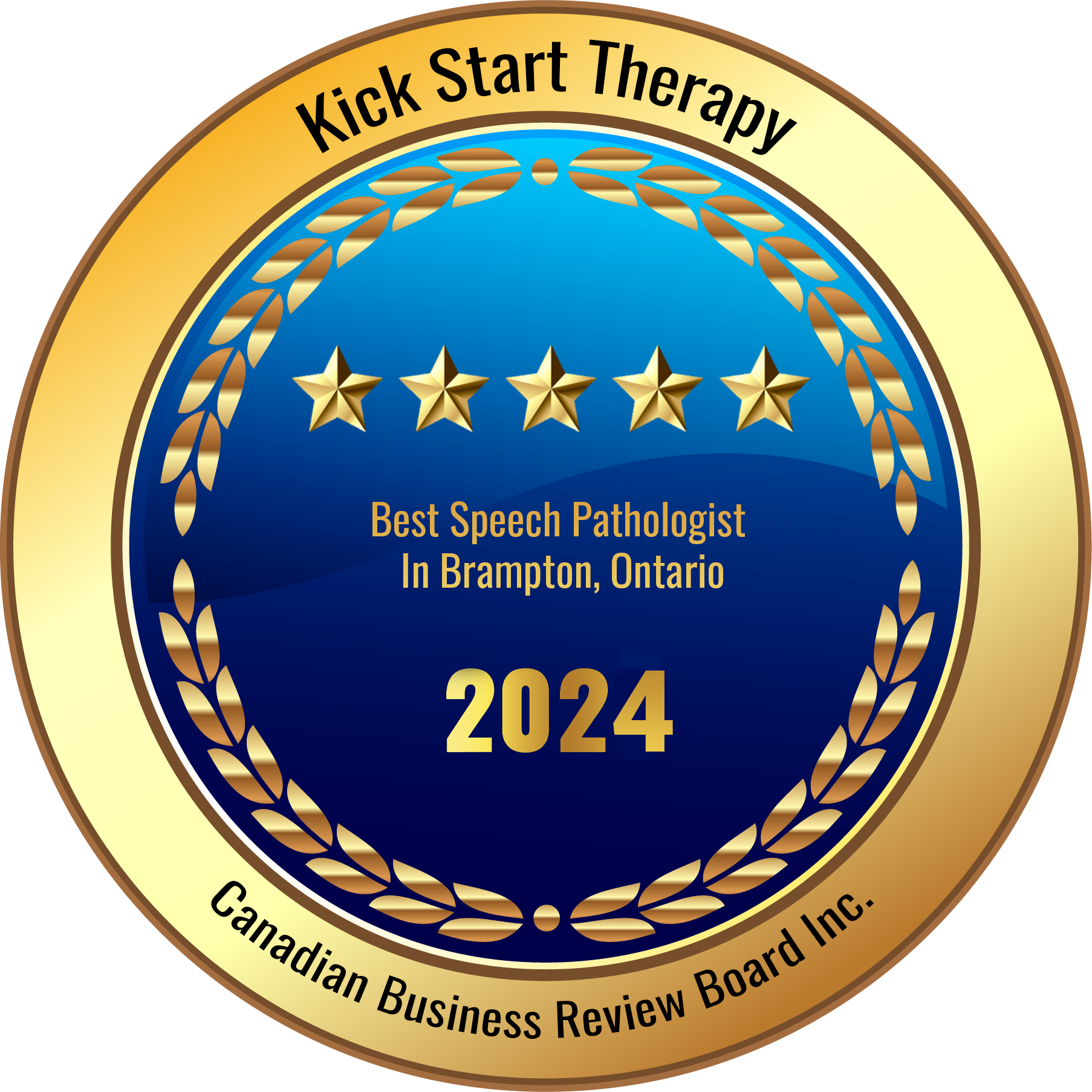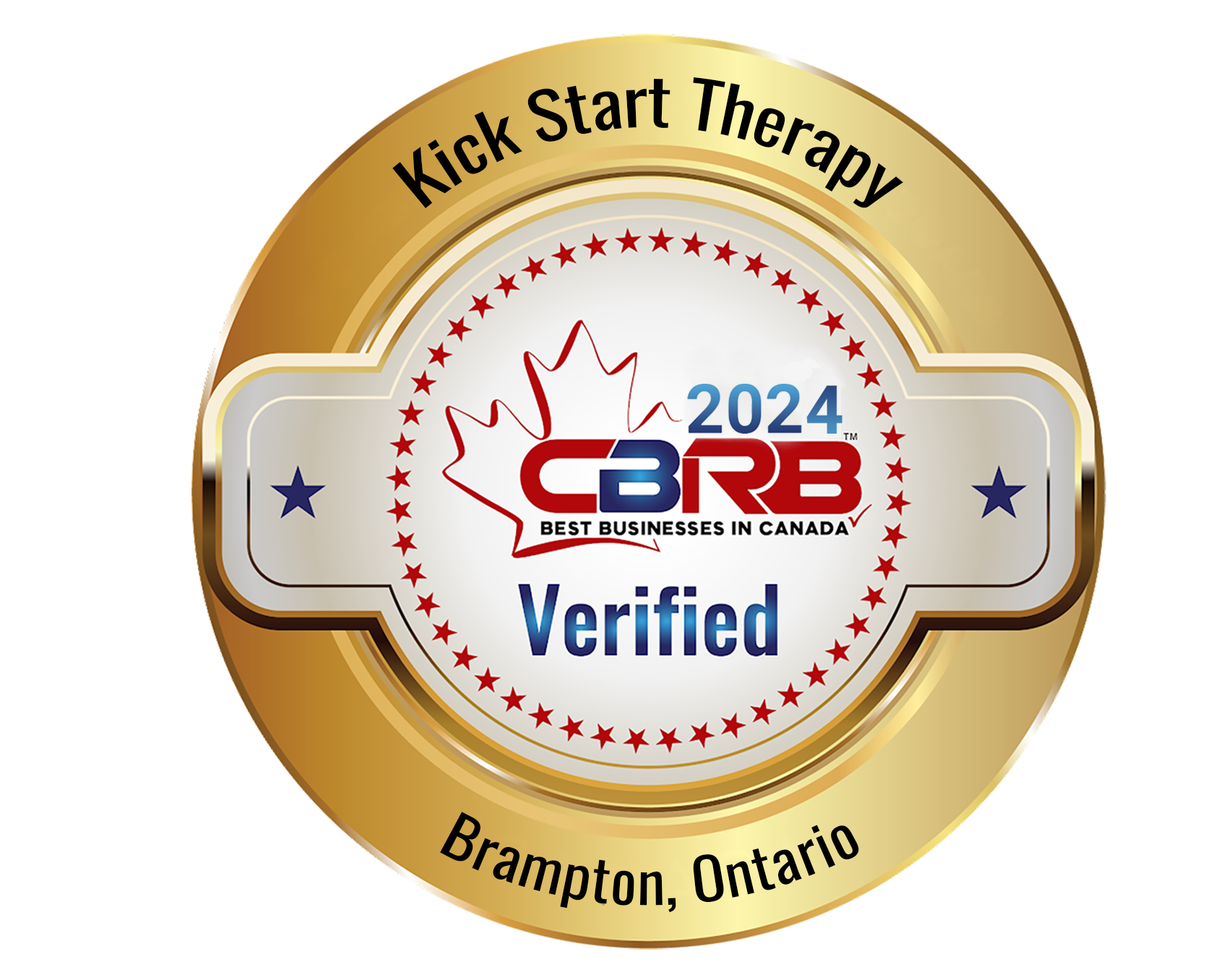
Speech therapy is a powerful tool in aiding a child's overall development. Often misunderstood as solely focused on speech correction, this therapy encompasses a broad spectrum of developmental needs. From improving communication skills to boosting social interaction and cognitive abilities, speech therapy can significantly impact a child's growth. Let us explore the multifaceted benefits of speech therapy and how it can contribute to a child's holistic development.
The foremost goal of Speech Therapy is to enhance communication skills. This goes beyond merely correcting articulation errors. Speech therapists work on language comprehension, expressive language skills, and the ability to use language effectively in various contexts. This involves:
Improving these skills helps children express themselves better, leading to less frustration and more positive interactions.
Speech therapy also plays an extremely crucial role in cognitive development. The exercises and activities designed by speech therapists often stimulate cognitive functions such as memory, attention, and problem-solving. These skills are extremely fundamental to academic success and daily functioning. For instance:
These cognitive enhancements contribute significantly to a child's overall intellectual growth.
Another crucial aspect of speech therapy is the development of social skills. Many children with speech and language disorders struggle with social interactions. Speech therapists help children understand social cues, take turns in conversations, and develop empathy. This is achieved through:
By improving these skills, children can form better relationships and engage more fully with their peers and adults.
Effective communication is closely linked to emotional well-being. Children who can express their needs and feelings are less likely to experience frustration and behavioral issues. Speech therapy helps provide children with the tools to articulate their emotions and understand others' feelings, leading to:
These are essential for a child's mental health and overall happiness.
Speech therapy addresses various speech disorders, including articulation disorders, fluency disorders (such as stuttering), and voice disorders. Therapists use techniques like modeling correct sounds, practicing speech exercises, and using visual aids to help children overcome these challenges.
Language Disorders, whether receptive or expressive, can significantly impact a child's ability to learn and interact. Speech therapists work on various aspects like building vocabulary, even understanding grammar, and improving sentence structure, enabling children to communicate more effectively.
For children with ASD, speech therapy is often a key component of their developmental support. Therapists focus on improving both verbal and non-verbal communication skills, like eye contact, gestures, and understanding social norms. This helps children with ASD to interact more effectively with others and participate in social settings.
Therapists create tailored programs that address the child's specific needs, whether it's improving basic communication skills, enhancing cognitive abilities, or developing social skills. Early intervention is definitely crucial in these cases, as it can significantly improve outcomes.
Parents and also caregivers play a vital role in the success of speech therapy. By actively participating in therapy sessions and continuing exercises at home, they can reinforce the skills learned and provide consistent support. Speech therapists often guide parents on how to integrate therapy techniques into daily routines, making the learning process more natural and effective.
Speech therapy is much more than the concept of just helping a child speak correctly. It addresses a wide range of developmental needs, including communication, cognitive, social, and emotional skills. By providing targeted support and interventions, speech therapy helps children achieve their full potential, leading to better academic performance, enhanced social interactions, and improved emotional well-being. With the support of speech therapists, parents, and caregivers, children can navigate their developmental challenges and thrive in all aspects of life.






